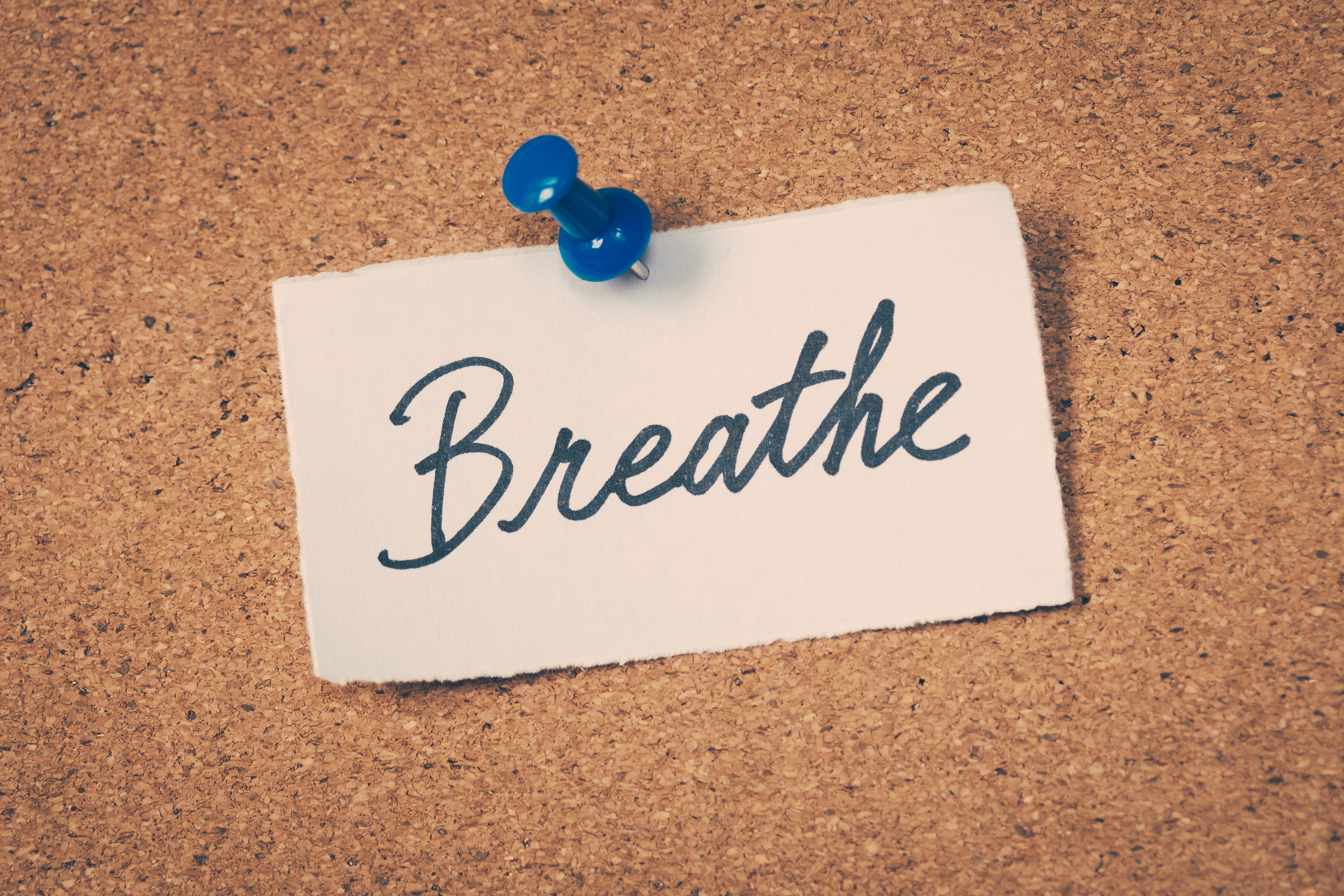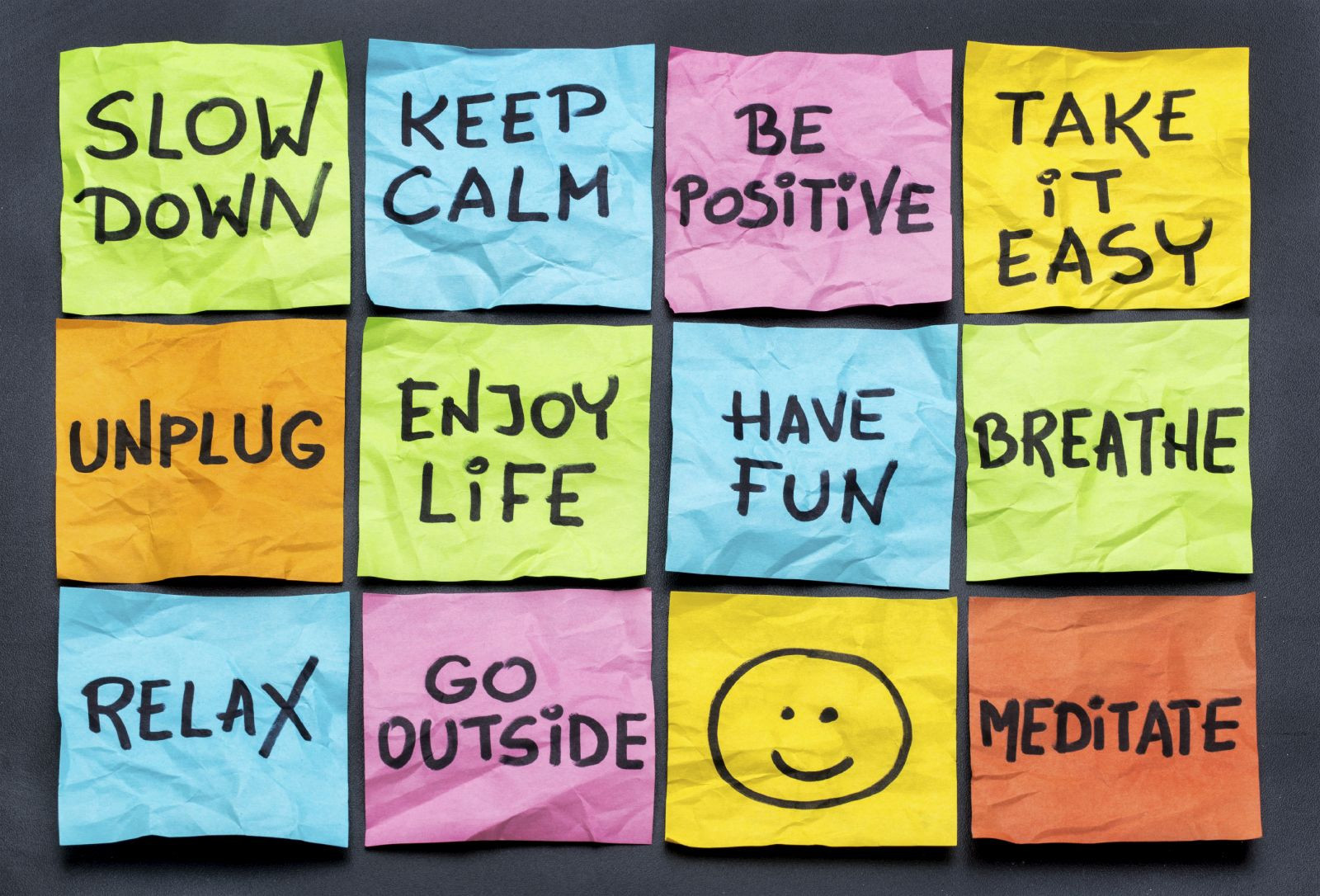
Salmonella is sneaky: Watch out

Two jobs may lower the odds of dying from Alzheimer's disease — but why?

Mastitis: What to do when your breasts are painfully inflamed

How — and why — to fit more fiber and fermented food into your meals

UTI in older women: Why postmenopausal women are susceptible to urinary tract infection, and what to do about it

Can a routine vaccine prevent dementia?

Some adults may need a measles booster shot. Who should get one and why?

Less butter, more plant oils, longer life?

Healthier planet, healthier people

Counting steps is good — is combining steps and heart rate better?
Stress Archive
Articles
Work stress linked to poor heart health
According to a 2024 study, people who reported work-related stress were more likely to have unfavorable measures of cardiovascular health than those without that stress.
Ease anxiety and stress: Take a (belly) breather
The stresses of daily life can keep us in a state of constant tension. Learning to belly breathe can help ease your body's response to anxiety and stress.
Clearing up a foggy memory
At some point, most older adults experience the occasional "senior moment" where they misplace an everyday object, lose their train of thought during a conversation, or forget why they walked into a room. Memory lapses like this are part of normal aging, but the problem can be exacerbated by issues like depression, stress, poor sleep, and medication side effects. If these episodes become so frequent or substantial that they interfere with a person's daily life or safety, it's time to see a doctor.
Evoking calm: Practicing mindfulness in daily life helps
It's easy to feel too busy to be mindful, but everyone can find a few minutes during the day to pause and reflect. Even a brief, regular mindfulness practice provides a respite from the pace and stress of life, and can help with memory, concentration, and focus.
Doomscrolling dangers
Doomscrolling is the habit of constantly scrolling online news headlines, which often blare bad news. Doomscrolling became prominent during the pandemic. It can lead to a wide range of physical and mental health effects, including headaches, muscle tension, elevated blood pressure, and existential anxiety. To offset doomscrolling, people can create boundaries around using devices that include keeping phones off their nightstand, opting out of digital notifications, focusing on local news, and asking others not to send you depressing news items.

Salmonella is sneaky: Watch out

Two jobs may lower the odds of dying from Alzheimer's disease — but why?

Mastitis: What to do when your breasts are painfully inflamed

How — and why — to fit more fiber and fermented food into your meals

UTI in older women: Why postmenopausal women are susceptible to urinary tract infection, and what to do about it

Can a routine vaccine prevent dementia?

Some adults may need a measles booster shot. Who should get one and why?

Less butter, more plant oils, longer life?

Healthier planet, healthier people

Counting steps is good — is combining steps and heart rate better?
Free Healthbeat Signup
Get the latest in health news delivered to your inbox!
Sign Up











